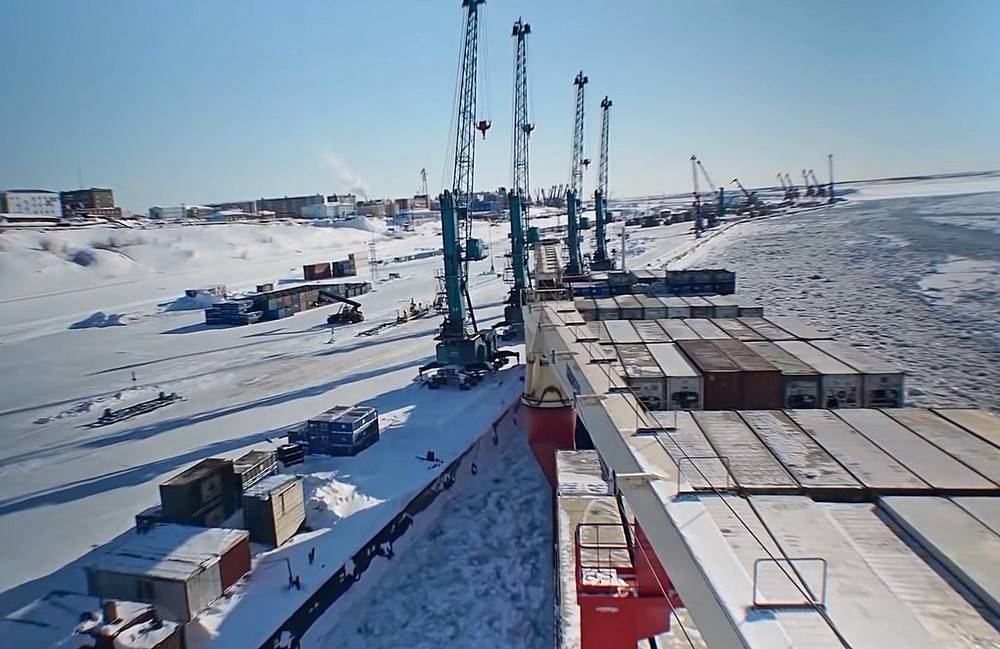Kateryna Morozova, the Head of EBA Southern Ukrainian Office speaking about the key challenges Odessa entrepreneurs facing in 2022
Odessa businesses, as the Lviv ones, have the most problems with logistics and decreased purchasing power of the population, while the outflow of personnel abroad comes third place. In the nearest future, the companies plan to focus on supporting business activities under martial law, entering new markets, and planning to optimize the company's staff.Â
This year, Odessa took second place in terms of conditions for doing business (in comparison with the Western Ukrainian, Kharkiv, and Dnipropetrovsk regions, where offices of the European Business Association are located). At the same time, 71% of the entrepreneurs interviewed by the EBA answered that it is difficult for them to do business in the region, the other 29% – that it is satisfactory (previously there were 44%). Last year, not a single entrepreneur answered that it was easy for them to work. Â
Entrepreneurs identified difficulties with logistics and a decrease in the purchasing power of the population as the most urgent problems, as well as the outflow of personnel abroad. Despite the difficulties, most companies, namely 71%, did not resort to relocating their business to other regions. Of them, 46% reported that they did not have such a need and 25% – that they could not relocate. Another 21% were forced to relocate their business abroad or to the western regions of the country.
In general, the regional business operates, but with certain limitations. Thus, about 90% of companies continue their work, and 10% – not working. Business sentiment is mostly neutral. Most of the interviewed entrepreneurs, namely 71%, consider the current conditions difficult, 14% of them – very difficult. Currently, 29% of entrepreneurs see the business conditions as satisfactory (44% in the last year). As in the previous wave of the survey, not a single entrepreneur answered that it was easy for him to work. At the same time, 27% believe that conditions have worsened, and 14% believe that they have not changed.
Considering the specificity of the region, carriers, forwarders, logistics companies, container terminals, and stevedores dominate the membership of the Southern Ukrainian office of the European Business Association. The office also includes producers of wine, oil, and tomato paste, as well as companies that provide financial, legal, and consulting services, etc.
How was the business able to adapt?
Thus, some logistics companies in the region were able to relocate their employees abroad and work remotely, but plan to return immediately to Ukraine when peace comes. The volume of work has reduced, and their activities are slightly modified, but going on. Blocked ports remain the key problem of Odessa today, but work has partially resumed in connection with the implementation of the ‘’Black Sea Grain Initiative’’. Therefore, all carriers, forwarders, stevedores, and container terminals are waiting for the opening of the ports to resume fully their activities. In turn, container lines have been created as alternative logistics routes for international cargo transportation since the beginning of March 2022. Also, the business faced the need to find alternative ways of delivering imported containers, which headed to Ukraine, and organizing exports across land borders. Besides, in connection with military actions and temporary occupation of territories, there is currently a problem of undersupply of goods already registered for export to checkpoints on the border of Ukraine.Â
Production companies of the region work but with some changes. In addition, business notes an acute shortage of raw materials (it was usually delivered by sea, but now the ports are closed due to the war). Also, at the beginning of the war, the problem was complicated by the lack of transport that could be used to transport finished products to the border.
The consulting sector could work remotely, but some law firms complain about the lack of work and have closed some offices.
Therefore, companies that had agricultural facilities in the Kherson region and lost them faced the greatest difficulties. Some were forced to stop their work during the occupation, particularly because of the refusal to cooperate with the occupiers to resume work.
All companies report losses as a result of hostilities – they are divided into two equal groups. One half loses up to 50%, and the other loses more than 50% of their income. None of the companies we surveyed made a profit. At the same time, 14% of businesses have branches, offices, or assets in temporarily occupied territories.
Also, business in the occupied territories and located closer to the contact frontline is somewhat pessimistic and is preparing for the worst. These companies are waiting for state support programs more than the last ones. Moreover, some companies have already applied for business grants in Diia.
Moreover, at meetings of the Southern Ukrainian office of the European Business Association, regional companies voice the problems they face in their work during the war. These are challenges with state contracts and payments for state contracts, insurance of investments against the consequences of war, unblocking of ports and solving material and technical issues, the mechanism of compensation for losses (actual and lost profits), credit restructuring, and the introduction of tax holidays, payment of for property damaged as a result of military operations, the possibility of sailors going abroad, the speed of cargo registration, specific problems with container visas, the import of ozone-depleting substances, etc.
How did business and the state bodies interact in wartime?
The EBA maintains a constant dialogue with state and local authorities. We are very pleased that the Government understands the importance of investments and considers us reliable partners. Thus, EBA Odesa actively cooperates with the Odessa Regional State Administration, the Odessa City Council, the Federal Tax Service in the region, the Odessa Customs, the Pension Fund, and other regional branches of state bodies. And we are pleased to see an improvement in the interaction between businesses and local authorities, which is reflected in higher evaluations of their work compared to last year. It is about interaction with the State Tax Service, the City Council, the Regional Military Administration, the Courts, the National Police, Territorial Centers of Recruitment and Social Support, and the Regional Customs. Â
The majority, 71% consider the level of development of e-services in the region satisfactory, and another 18% consider it good. Only 11% of respondents are dissatisfied with the number and quality of services, as well as the number of administrative services and permits that can be obtained in wartime. Interestingly, this year's data are better than those of the last year.
Plans for the end of 2022 and the main trends for business development
The companies plan until the end of the year to focus on supporting activities under martial law, entering new markets, and optimizing the company's staff. To improve the conditions of doing business in the region, the survey participants suggest the focus on restoring and preserving infrastructure, ensuring transparency of legislation and the equal "rules of the game" and introducing grant programs for businesses that primarily need the support. Among the most anticipated infrastructural changes is the restoration of the full operation of seaports and the opening of borders.
According to business, an important role in the post-war reconstruction of the region will be played by the restoration of production and the creation of new jobs, the attraction of investors to the region, grants or credit support for business. Companies are also waiting for the reconstruction and demining of infrastructure, the unblocking of ports, and the restoration of trade.
The level of regional development is an important indicator of the country's economic and social development. The latest business trends in the region and Ukraine are related to the role of socially responsible businesses in general. And the member companies of EBA Odesa continue to help Ukraine during the war with the needs of the Armed Forces, as well as humanitarian work. Together to victory!
For reference: To assess the conditions of doing business in wartime, the European Business Association conducted the Regional Index Survey 2022 among businesses in the Odessa region. The overall assessment of entrepreneurs decreased slightly - from 2.25 points out of 5 possible last year to 2.15 points this year.Â






















